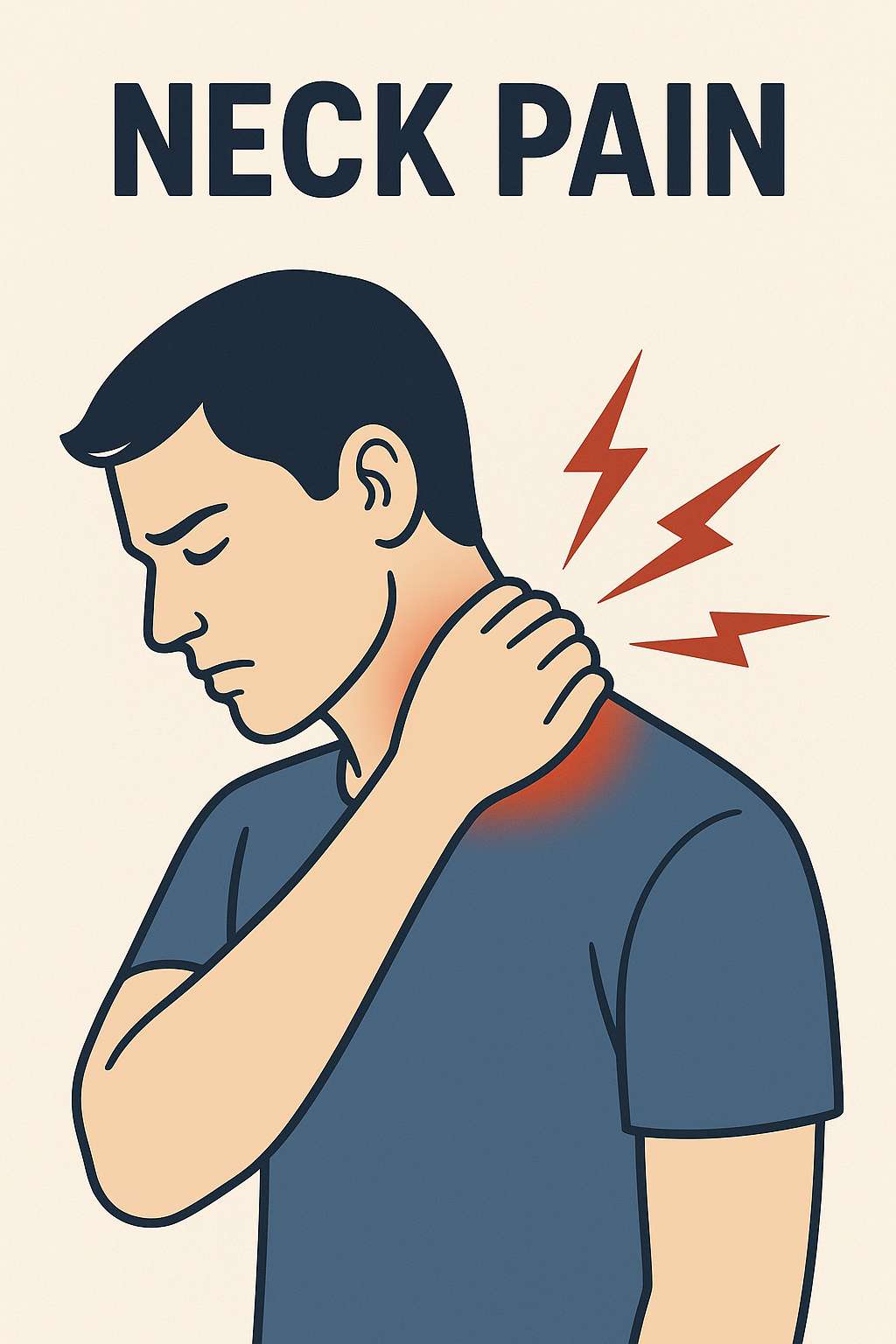Who Is at Risk for Shoulder Instability?
Shoulder instability usually affects people in one of three groups:
1. People With a History of Shoulder Dislocation
If you’ve dislocated your shoulder before, you may have torn ligaments that didn’t heal tightly. This makes it easier for the shoulder to dislocate again.
In people under 35, around 80% will experience future instability after a first-time dislocation.
2. Young Overhead Athletes
Athletes in sports like volleyball, swimming, or baseball may stretch their shoulder joints from repeated overhead use. This can lead to a loose shoulder joint or multidirectional instability (MDI).
Even if the joint doesn’t fully dislocate, the fear that it might can limit performance or prevent participation in the sport.
3. People With Naturally Loose Joints (“Double-Jointed”)
Some people have looser joints due to their body’s connective tissue makeup. This condition can make the shoulder joint unstable or even prone to dislocation without injury.
How Do Chiropractors Treat Shoulder Instability?
Chiropractic care offers a variety of effective treatments depending on the cause and severity of the instability. The focus is on improving joint stability, strengthening muscles, and preventing future dislocations.
Hands-On Therapies
Chiropractors often begin treatment with:
Rehabilitation and Strengthening
Rehabilitation is key. Chiropractors design exercise programs that:
Focus on strengthening the rotator cuff muscles
Train dynamic stabilisers of the shoulder (there are over 30 of them)
Improve posture and shoulder mechanics
Athletes with multidirectional instability often benefit most from this approach.S
Supportive Techniques
Other helpful strategies include:
When Is Further Treatment Needed?
In some cases, other treatments may be necessary:
Final Thoughts
If your shoulder feels loose, unstable, or like it might slip out of place, chiropractic care can help you regain control, build strength, and return to daily life or sport with confidence.
Early assessment and a personalised care plan can make a big difference—especially if you’re active or have had a previous injury.




